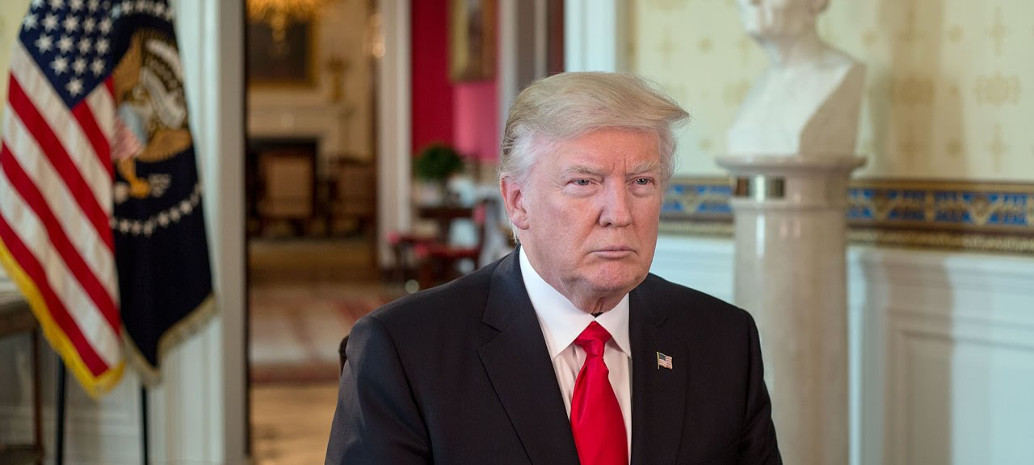From pv magazine USA.
Just 36 hours ago, political journalism site Politico rocked the energy world with a story claiming the administration of U.S. President Donald Trump had quietly killed a plan to force bailouts for ageing, uncompetitive coal and nuclear power plants, with inside sources cited.
Last night pv magazine got word from a second source which supports the claim. The American Council on Renewable Energy (ACORE) states its sources are also saying coal and nuclear bailout plans are on hold, at least temporarily.
According to ACORE Chief Executive Greg Wetstone: “We believe the media reports to be credible and consistent with our intelligence, stemming from conversations with officials at [the] DOE [U.S. Department of Energy] and the White House.
ACORE credits extensive lobbying of the administration from a surprising quarter – as well as renewable energy groups – for the about-turn.
“The change in posture reflects important progress in the efforts of ACORE and our members and allies – including the oil and gas groups we partnered with in opposition to the bailout – to educate key officials about the destructive economic repercussions of undermining competitive electricity markets,” added Mr. Wetstone.
Trump nominates fossil fuel candidate
However, the chief exec warned this may only be a temporary respite, and claimed Energy Secretary Rick Perry and President Trump are probably still planning some form of bailout.
Popular content
“We may have prevailed in this latest skirmish, but it would be a mistake to declare victory on the issue,” added Mr Wetstone. “There is every reason to believe that the president, and Energy Secretary Rick Perry, remain committed to finding a way to bail out ageing coal and nuclear power plants that are no longer economically viable. And they may soon have a well-placed ally at the Federal Energy Regulatory Commission [FERC].”
Mr. Wetstone expressed particular concern about Mr. Trump's appointment of Bernard McNamee – a vocal supporter of the coal and nuke bailout who has a history of outspoken support for fossil fuels – to a vacant position with FERC.
“We are working closely with a broad array of allies to encourage the Senate Energy Committee to carefully consider McNamee’s past support for intervention in competitive electricity markets, as well as the potential impact of this nomination on FERC’s historical record of independence from presidential administrations,” added the ACORE chief.
Federal support would have limited impact on solar states
The threat of a coal and nuclear bailout, which has taken several forms, was expected to undermine the activity of wholesale markets by creating artificially low prices, using subsidies for older forms of generation. That would prevent legacy, polluting assets from being retired and would lower wholesale prices, which in turn would damage the returns on other energy sources, including solar, wind and natural gas.
It is important to note, however, that in many cases the impact on renewable energy was expected to be geographically limited. Most forms of proposed coal and nuclear support would only affect locations with deregulated utilities managed by regional grid operators which have active capacity markets. Furthermore, FERC does not regulate the Electric Reliability Council of Texas. That places much of the United States, including many of the leading solar markets and most populous states – such as California, Texas and Florida – outside the reach of any bailouts.
And while the massive PJM Interconnection grid is at the center of such proposals, PJM Chief Executive Andrew Lott has asked FERC to move ahead with proceeding on grid resilience, stating this would be preferable to a federal bailout.
This content is protected by copyright and may not be reused. If you want to cooperate with us and would like to reuse some of our content, please contact: editors@pv-magazine.com.


By submitting this form you agree to pv magazine using your data for the purposes of publishing your comment.
Your personal data will only be disclosed or otherwise transmitted to third parties for the purposes of spam filtering or if this is necessary for technical maintenance of the website. Any other transfer to third parties will not take place unless this is justified on the basis of applicable data protection regulations or if pv magazine is legally obliged to do so.
You may revoke this consent at any time with effect for the future, in which case your personal data will be deleted immediately. Otherwise, your data will be deleted if pv magazine has processed your request or the purpose of data storage is fulfilled.
Further information on data privacy can be found in our Data Protection Policy.